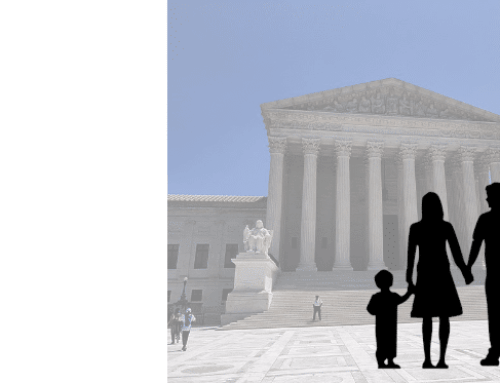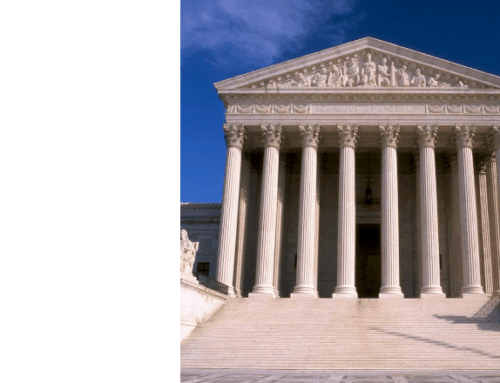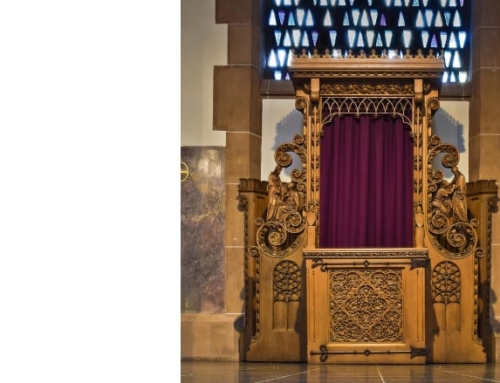Catholic League president Bill Donohue addresses the priest-penitent privilege under scrutiny in Delaware:
Last week we asked lawmakers in Vermont to reconsider a bill aimed at curtailing the sexual abuse of minors that would force priests to divulge what they learned about this subject in the confessional. Now we are asking lawmakers in Delaware the same thing.
State Rep. Eric Morrison introduced a bill on March 2 that would amend existing law on mandatory reporting of child abuse to cover information learned in the confessional. We are not doubting his motive. We are questioning his reasoning.
Going after child sexual abusers is noble, but it can be done without sacrificing the priest-penitent relationship. Without the assurance of confidentiality, no priest would offer confession and no layperson would seek absolution.
The reasoning behind this effort seems to be that it is not unusual for priests to learn of such crimes in the confessional. There is no evidence to support this idea. Indeed, anyone who would violate a minor is so morally debased in the first place that the last thing he would do is seek penance from a priest.
Such a bill is being weighed in Delaware suggests that the sexual abuse of minors is ongoing. This is rubbish. The clergy sexual abuse scandal in the Catholic Church took place mostly between 1965 and 1985.
As I recounted in my book, The Truth about Clergy Sexual Abuse: Clarifying the Facts and the Causes, the reforms enacted over the past two decades have been a stunning success: the average number of credible accusations made against approximately 50,000 members of the clergy is in the single digits. The fact is that most of the molesters are either dead or have been kicked out of the priesthood.
If lawmakers find it necessary to break the priest-penitent relationship, are they prepared to bust journalists who refuse to give up their sources? Will they go after psychologists who refuse to divulge what they learn from their patients? What about lawyers who find out things from their clients that must remain secret? Will the lawmakers bust that relationship as well?
If journalists, psychologists and lawyers are permitted to keep their exemption, but priests are not, then such a law will surely be challenged in the courts. That is not an outcome most people in Delaware would likely support.
Separation of church and state applies to state encroachment on religion. For state actors to force priests to essentially kill the Sacrament of Reconciliation is a clear violation of that First Amendment provision. It is also not an outcome the residents of Delaware would likely support.
There are some important steps that can be taken to curtail the abuse of children. They should be implemented. But not among them is busting the seal of the confessional.







